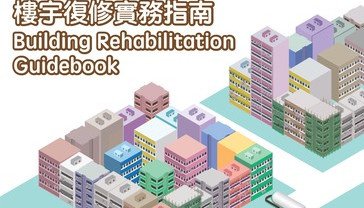If an OC has been formed for the building, it must appoint works contractor through tendering in compliance with regulations of the Building Management Ordinance and Code of Practice on Procurement of Supplies, Goods and Services. The regulations stipulated by the law are as follows:
Summary of procurement regulations
(i) Any works contract whose value exceeds or is likely to exceed:
- HK$200,000; or
- 20% of the annual budget of the OC (whichever is lower);
Shall be procured by invitation to tender.
(ii) If the value of the works contract exceeds or is likely to exceed 20% of the annual budget of the OC, then the MC shall table all tenders received at
the owners’ meeting convened by the OC, where whether their acceptance shall be determined by a majority vote.
Summary of Code of Practice
(i) The minimum number of tenders to be invited shall be as follows:
a) three in the case of a contract for the procurement of supplies, goods or services whose value exceeds HK$10,000 but does not exceed
HK$200,000; or
b) five in the case of a contract for the procurement of supplies, goods or services whose value exceeds HK$200,000;
(ii) All tenders must be opened simultaneously under the witness of at least three members of the MC, who shall sign and date each of the tenders;
(iii) The MC shall not split a contract of procurement from an original contract of procurement of greater value for the sole purpose of avoiding
compliance with provisions of Section 20A in the Building Maintenance Ordinance.
Recommended procurement procedures
The following procedures are recommended, wherever possible, for the procurement of works contractor:
1. Use the sample tender and contract documents drafted by professional organisations (e.g. Hong Kong Institute of Surveyors) or the URA at
present or the Building Rehabilitation Platform in the future;
2. Ask all tenderers to sign ‘Probity and Anti-Collusion Clauses’, ‘Ethical Commitment Clauses’ and ‘Non-Collusion Clauses and Non-Collusive
Tendering Certificate’;
3. Adopt open tendering for more transparency and less risk of collusive tendering;
4. Waive any administrative fees (otherwise may discourage tenderers and thus undermine competitiveness);
5. Define appropriate tender assessment criteria before bid solicitation.
Want to learn more?


















